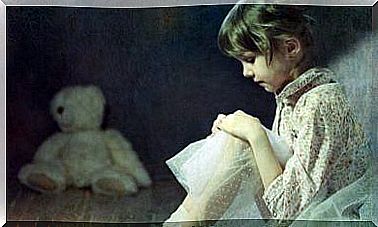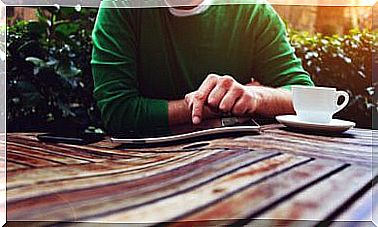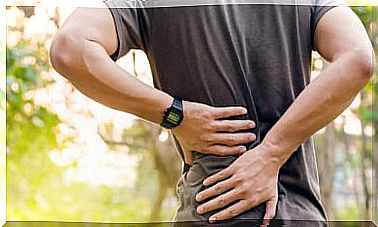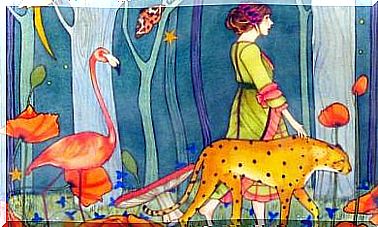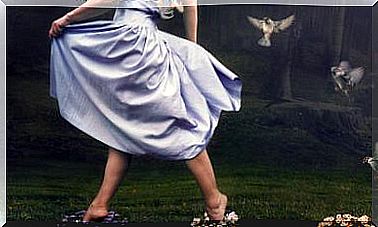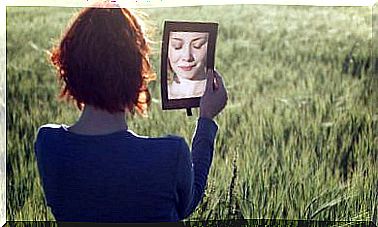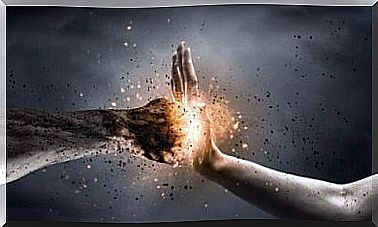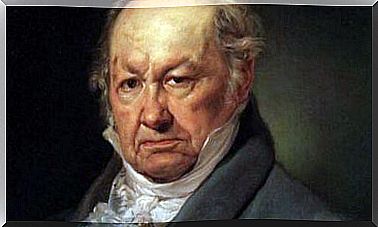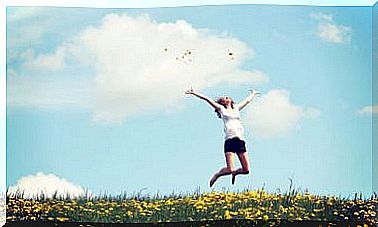Does Prejudice Make Us Worse People?
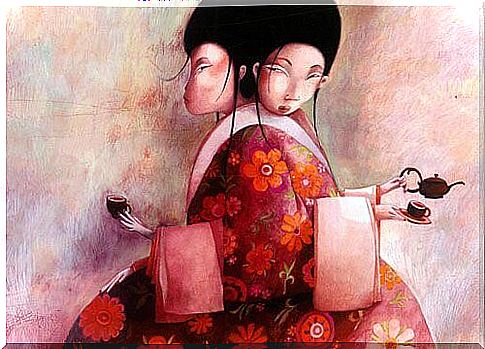
Great thinkers of history like Rousseau were clear that it is better “to prefer to be a man of paradoxes than a man of prejudices.” However, science seems to mean that prejudging is almost as natural as being human. Is it something social, or genetic?
Logically, if prejudging were something social, we could establish that it makes us worse or better people. But if it is genetic and we all do it, are we the one to decide that someone is better than another because they are more or less prejudiced?
Why do we prejudge?
The famous scientific popularizer Eduard Punset has dedicated many lines of his work to this particular issue. According to their studies and information, neurology states that our brains use a lot of energy trying to predict and imagine. It is something that leads us to create divisions between us and them.
Every human brain groups people based on their fears and ideas. Obviously, if this is so, and it seems that science confirms it, Punset wonders if we will be able to reverse such behavior that “at first glance” seems so natural.
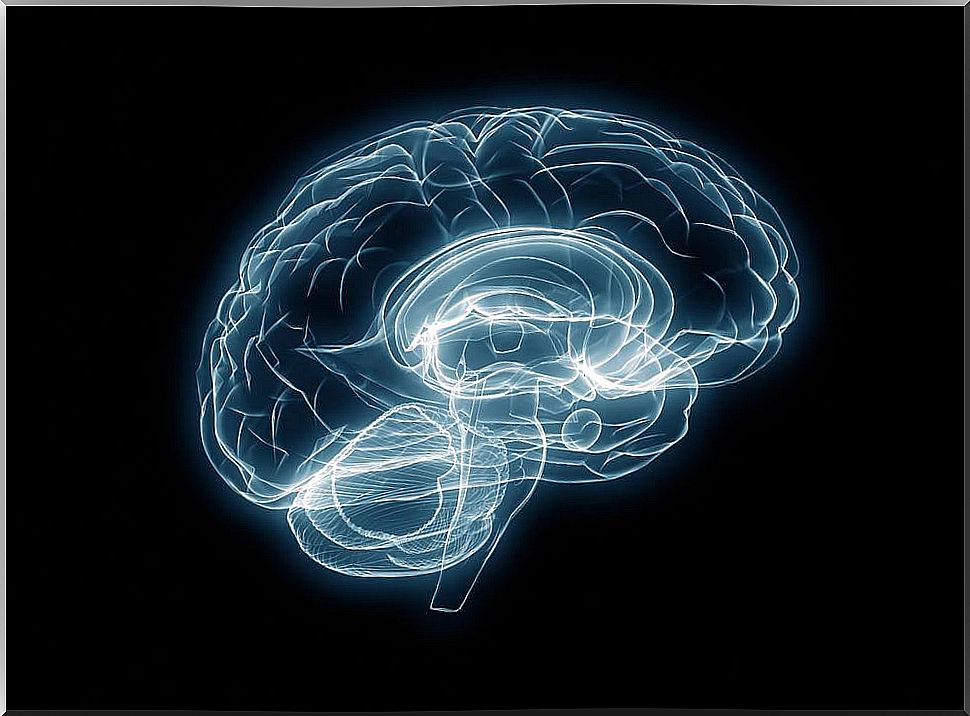
It should not be forgotten that judgments and prejudices lead the human being to behaviors that, viewed through the prism of reason, are meaningless. A person capable of giving or taking his life for his football team is completely illogical and even absurd.
However, in nature we observe animals such as dogs or monkeys that configure their social groups with great loyalty. however, its justification is survival, never symbols such as the flag, the country or the language.
Is it natural to prejudge?
At this point, it is worth looking at what science says about the human tendency to prejudge. Here comes the work of the social psychologist Mahzarin Banaji. This researcher created a test capable of showing that even the most progressive and egalitarian human beings have discriminatory ideas.
Through his test, he verified people with North American nationality and high ideals of equality assigned positive values a few milliseconds to white faces compared to those who were black.
Also the neuroscientist Rebecca Saxe has investigated the subject. Through his studies, he shows that there is an area of the brain, the temporal-parietal junction, where the activity occurs in which we try to understand and distinguish between the “self” and “others”.
Other studies, such as the one published in Trend in Cognitives Sciences, estimate that citizens value a person and their intentions based on facial features. Thus, when voting for a politician, for example, his face can be a handicap or the opposite.
Is it good to prejudge?
It seems that science is determined to show that prejudging is something inherent to the human being. However, why do we see it as such a negative thing? Perhaps it is a method of defense, a way of being alert. On the contrary, professionals like the psychologist and personal trainer Jonathan García-Allen establish lists and advice so as not to judge others. But, is it really in our power to achieve it?
In this sense, Eduard Punset estimates that as we get to know better how our brain works, we may be able to understand it better. Once this milestone is achieved, we may be able to manage our emotions more rigorously, softening the impact they have on our behavior.
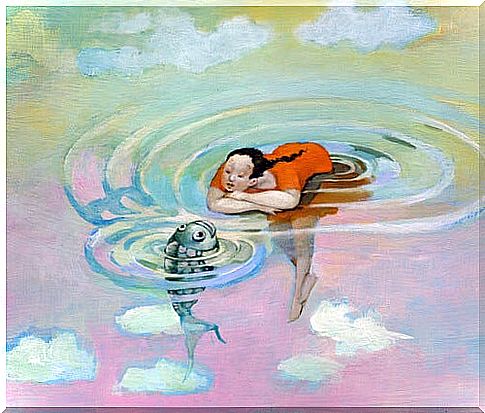
Why should we not prejudge?
Be that as it may, experts advise trying not to prejudge or judge others. To do this, they establish some keys that can be useful in this tricky matter:
- Think before you act : try not to get carried away excessively by appearances and hunches.
- Practice Mindfulness : a technique whose main basis is not to judge anyone, not even yourself.
- Remember that each person is one in himself : not all of us are me, nor are all of you. Each person has their own history, values and concerns.
- Before judging, look at yourself : it is not good to criticize other actions and attitudes that perhaps we also use.
- Being autonomous : the more autonomous we are, the better we feel about ourselves. In this sense, we will have a more open mind and will avoid preconceptions and prejudices more.
Do you think prejudging is bad? Does it make you a worse person? Science itself seems to disagree. It is inherent to us, but perhaps one day it can be controlled, although today we are only able to soften it. So perhaps we can try not to judge if we don’t want to be judged. It is a beginning.
